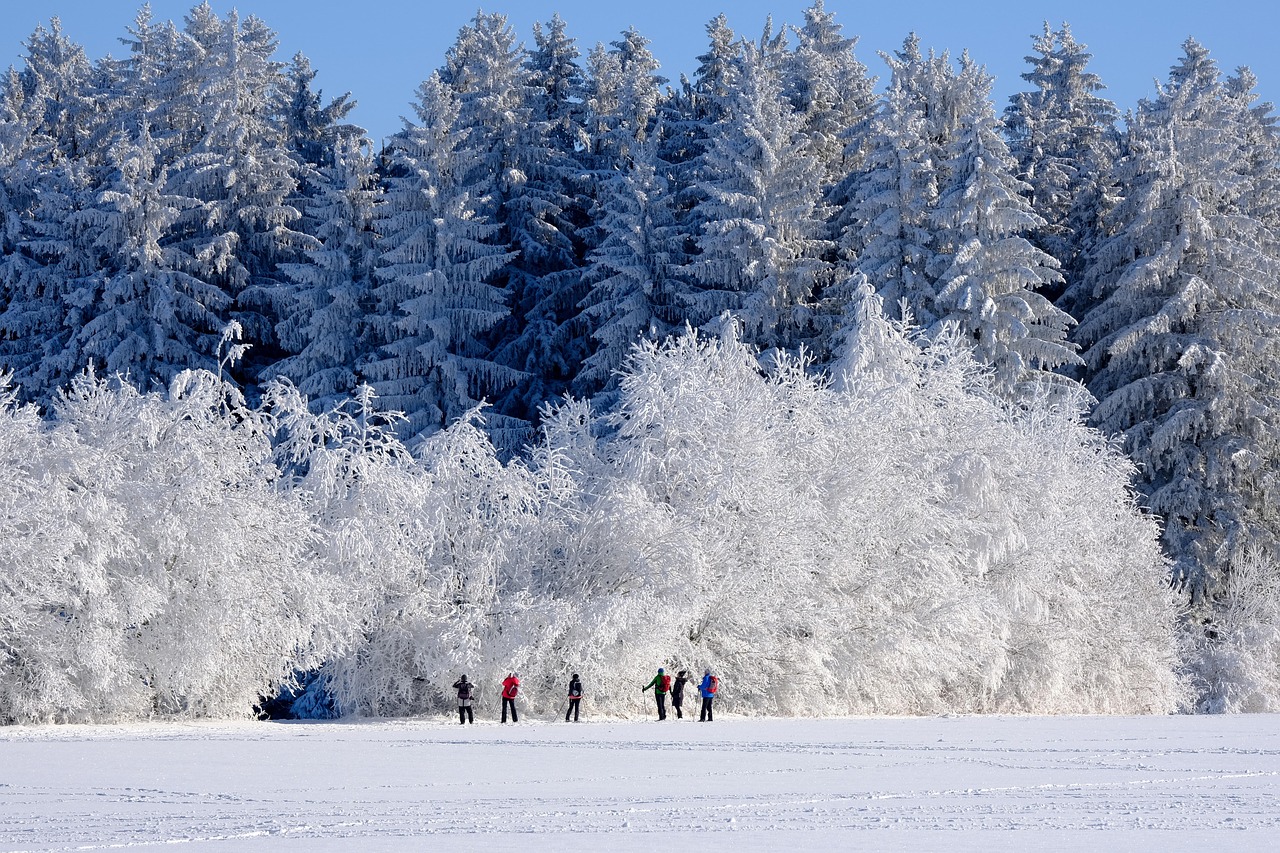How to overcome loneliness during Canada’s long winters
January 31, 2025
Before COVID, before H1N1, before walking pneumonia, there was a different kind of pandemic — one that persists and continues to affect millions: loneliness.
Psychology Today defines loneliness as “the state of distress or discomfort that results when one perceives a gap between one’s desires for social connection and actual experiences of it.”
Indeed, as recently as September 2024, a staggering 60 per cent of Canadians felt disconnected from their communities, with 16 per cent stating they never feel a sense of community, according to an Angus Reid survey.
Similar surveys conducted by the Centre for Addiction and Mental Health (CAMH) in 2022 found that Canadians between 18 and 39 reported the highest levels of anxiety, depression and loneliness at levels clocking in at 33.5 per cent. The problem isn’t just limited to Canada either. In the United Kingdom, the issue has been considered severe enough to dedicate an entire ministry to address it.
How loneliness affects new Canadians
When the lens is turned upon new Canadians, many report facing barriers to establishing new relationships in their adopted countries as well as a sense of disruption in their social networks. Transitioning from a collectivist culture to one where the emphasis is on the individual can be a lot to absorb. Furthermore, language barriers, cultural differences and stigma are among the variables that contribute to the sense of isolation and disconnect.
 Close
Close

